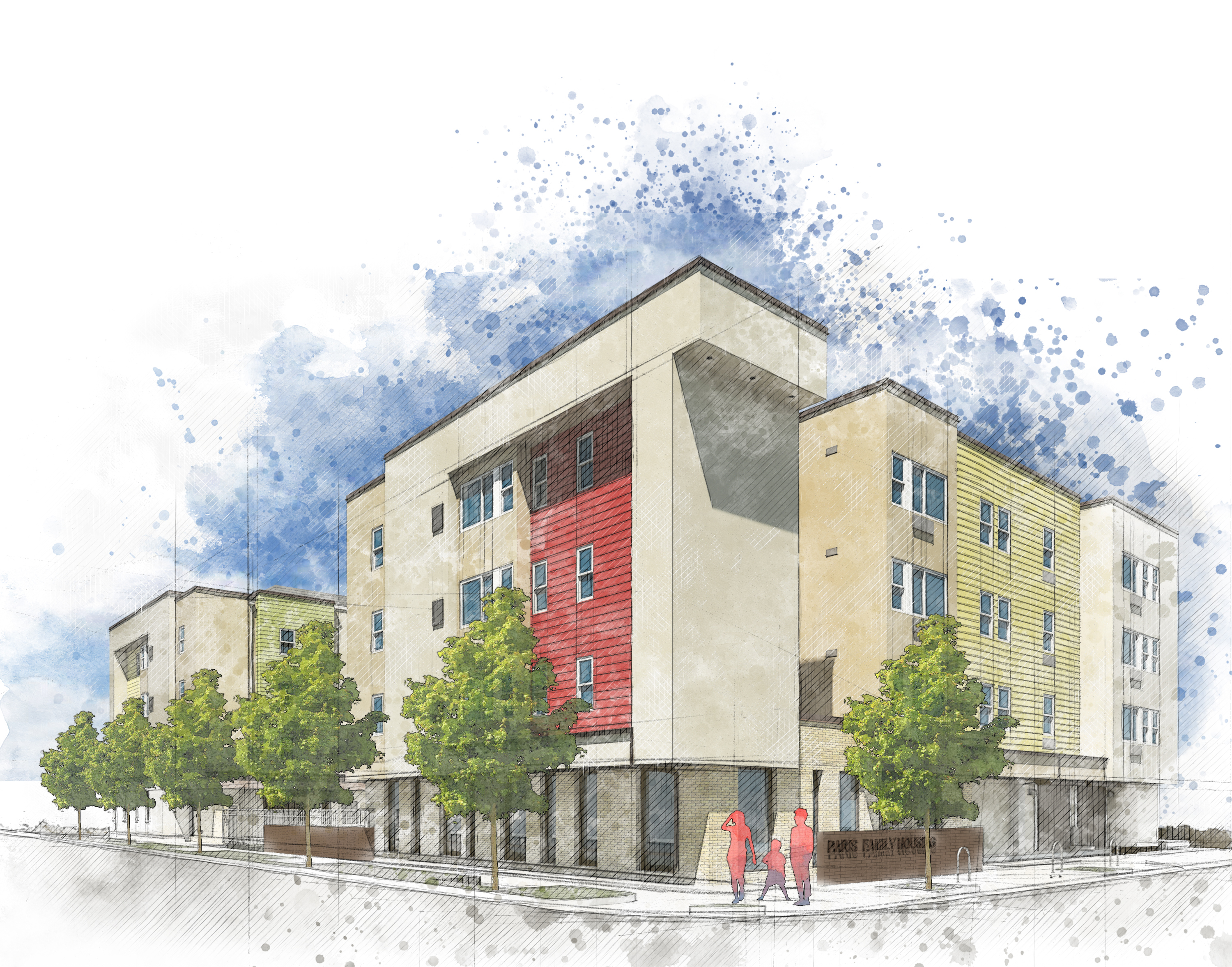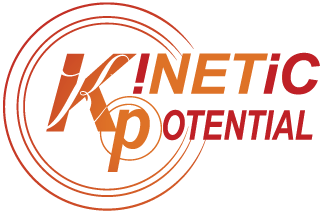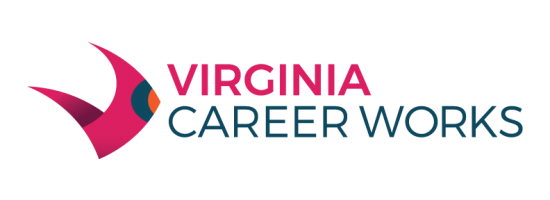Greetings from CEO
Hello!
I’m Larissa Deedrich, the Executive Director of the Danville Redevelopment and Housing Authority.
You have taken the first step in learning about our FSS and ROSS programs, and I am so excited for you.
The Family Self-Sufficiency and Resident Opportunity programs are designed to give our residents and their families the confidence and resources they need to overcome the barriers that stand in the way of access to better jobs, better education, and the overall realization of their goals.
Our staff and community partners are ready to listen to you and learn about your goals so that we can work with you to develop a customized plan that fits your needs.
Again, congratulations on taking this important first step and we look forward to hearing from you!












